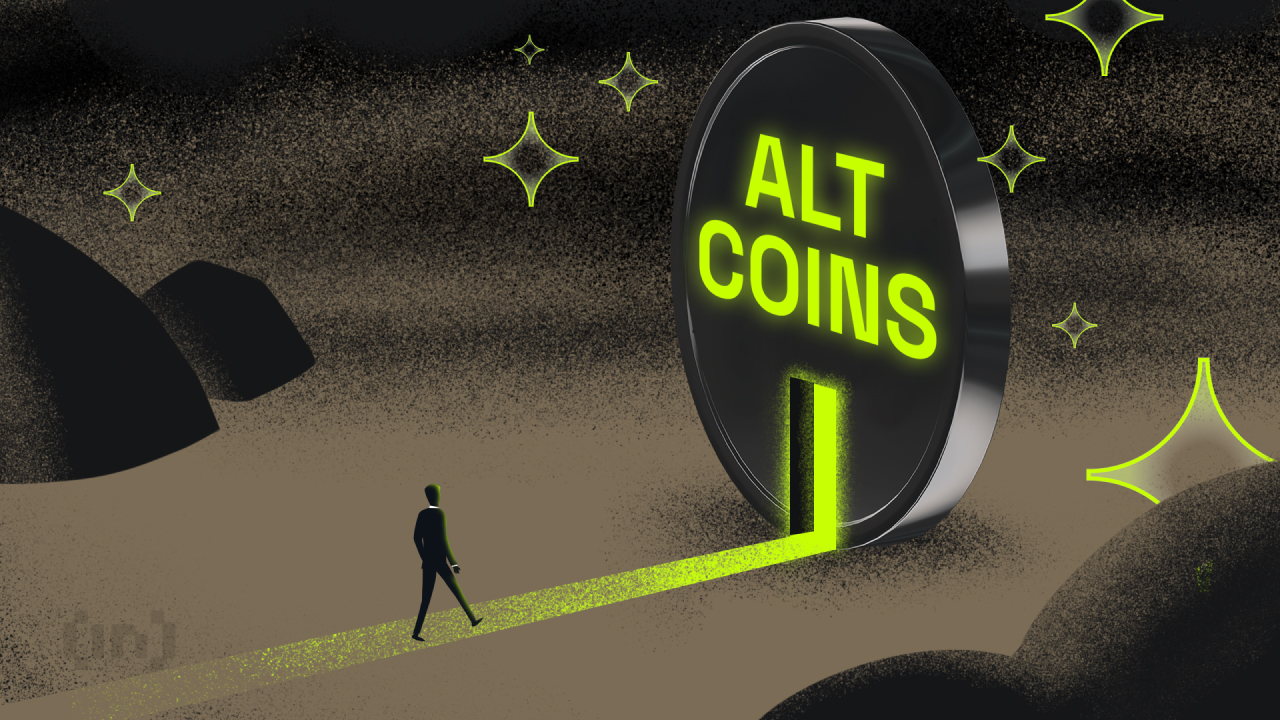[ad_1]

Bakkt, a crypto trading and services company owned by the financial exchange operator Intercontinental Exchange is delisting several major cryptocurrencies.
In total, the firm is cutting support for 23 digital assets. These include a number of prominent DeFi tokens such as UNI and AAVE. Other well-known cryptocurrencies have also been dropped by Bakkt. These include ENJ, XLM, and XTZ to name a few.
Bakkt Delisting Reflects Pivot From Retail to B2B
The news that Bakkt will delist a number of altcoins follows the firm’s announcement in April that it has completed its acquisition of Apex Crypto.
In a press release published at the time, Bakkt said the takeover is in line with its efforts to double down on the business-to-business (B2B) market for crypto services. To this end, as well as acquiring Apex’s turnkey crypto trading platform, Bakkt wound down its own retail cryptocurrency exchange in February.
By refocusing on the B2B space, Bakkts reflects a growing recognition that the retail crypto market isn’t as opportunistic as it once was.
In recent years, a few big names have come to dominate the global market for retail crypto trading services. And those that do stick it out face a mounting regulatory burden.
As financial regulators the world over have ramped up their consumer protection efforts, compliance costs have skyrocketed for platforms that want to sell their services directly to consumers. Now, many are wondering whether the retail trading craze may have ended.
The Growth of B2B2C Crypto Services
Bakkt may be delisting popular cryptocurrencies and withdrawing its retail crypto products. But in a roundabout way, it is still focused on serving end-consumers. The firm’s transition to a B2B model is better framed as a shift to a business-to-business-to-consumer (B2B2C) one.
Through the Apex acquisition, Bakkt picked up over 30 business clients spanning FinTechs, trading apps, neobanks, and more.
Going forward, Bakkt is transitioning away from selling its services to consumers. Instead, it is increasingly focused on developing turnkey solutions for corporate clients. These allow businesses to quickly and easily integrate crypto into their own products.
For example, Bakkt Crypto Connect is for banks that want to quickly and seamlessly integrate crypto into their applications. At the front end, users only need to interact with their banking app to access the new services. Meanwhile, Bakkts takes care of maintaining liquidity, custody, settlement, and regulatory compliance.
Platform Support and Crypto Demand
In light of Bakkt’s recent decision, one key question arises. Does the recent string of delistings indicate that there isn’t sufficient demand for altcoin services?
Considering the company’s current priorities, demand is certainly focused on a handful of cryptocurrencies. These include Bitcoin, Ether, and the most popular stablecoins.
BeInCrypto reached out to Bakkt for further information regarding the rationale behind its mass delisting. The company did not respond at the time of writing.
In some instances, trading platforms dropping support for cryptocurrencies has had an immediate and notable effect on the market. For example, when Binance US delisted TRX in April, the token’s market price plummeted by 8% overnight.
Disclaimer
In adherence to the Trust Project guidelines, BeInCrypto is committed to unbiased, transparent reporting. This news article aims to provide accurate, timely information. However, readers are advised to verify facts independently and consult with a professional before making any decisions based on this content.
[ad_2]
Source link


